Introduction
Everyone throughout the globe has to undertake movements in their lives to fulfill their requirements. For serving this requirement, the conventional mode of transportation running on the gasoline came into practice. As these conventional vehicles run on gasolines like natural gas, petrol, diesel, etc., they liberate CO2 that causes multitude of environmental impacts like liberation of greenhouse gas, global warming, etc. With the aim of cutting down these environmental impacts, the development and usage of electric vehicles got evolved. For the sustainability of electric vehicles throughout the nation, the design and implementation of charging facilities plays a crucial role. Not only the electrical vehicles have evolved since its inception, but also the charging stations have got evolved. In this article, we will discuss about these charging facilities along with the top 30 final year projects on electric vehicles.
Must read: Electrical Engineering Projects
What are the Main attractions of Electrical Vehicles?
Let us now, see two important pointers that makes attracts everyone towards the electrical vehicles.
Environmental degradation
Operation of transportation means running on petrol or diesel or any other fossil remains are known to cause environmental degradation. Despite many policies being levied to reduce the vehicular emissions, achieving nil emissions is the only solution that can avoid or lower down the environmental impacts.
Shortage of Gasoline Products
As far as the gasolines are considered, these products are being mostly exported from other nations. As a result, the prices and demand for these products cannot be managed and can even adversely affect those people who mostly rely on their vehicles for their daily activities. Whenever there is a huge demand for the gasolines, the shortage becomes blooming, which either raises the price or affect the vehicular movement in a larger scale.
Favorable environmental policies
Due to the cost of electrical vehicles, the interest towards its usage got declined a few years ago. However, many national regulation policies got drafted with the prime focus of reducing the vehicular emission, causing the environmental impacts. These policies targeting the betterment of environments have triggered the increase interest towards the adoption of electrical vehicles.
Demand for Electric Vehicle Charging Stations
As the count of electrical vehicles operated increases, the charging facilities required to charge those increasing electrical vehicles need to be expanded and made more robust. This can ensure the smooth movement of both the fleets and end users. The expansion of these facilities plays a dominating role to serve a larger number of electrical vehicles operated in the roads of the nation. This expansion is the most significant aspect than ensuring the robustness of the stations because of the simple fact that not all consumers can carry their charging kits wherever they go. Only the expansion of the charging facilities throughout the nation can fulfill the demands of charging of electrical vehicles. Thus, both the public sector and private sector organizations need to work hard on electric vehicle projects to well-serve the demand for electric vehicle charging stations.
Main components for Electric Vehicle Charging Stations
There are certain main components required for design and implementation of electric vehicle charging stations, which are as follows:
Controllers
Gateways
Terminal Blocks
DIN Rail
Wire Duct
Energy Metering Equipments
Contactors
Surge Protection Equipments
Disconnect Switches
Residual Current Circuit Breakers
Miniature Circuit Breakers (MCBs)
Types of Electric Vehicle charging
As far as the device used for charging of electrical vehicle is concerned, it can be categorized based on the rate at which it charges the vehicles (i.e.) the charging stations are classified based on the charging times that it takes to charge the vehicles. There are 3 common types of electric vehicle charging facilities (devices), which are as follows:
Level 1 Charging facility
This type of electrical vehicle charging facility makes use of alternating current plug that delivers 120 volts. This facility consumes more time than two types of charging facilities. Most of the automobile manufacturers provide these level 1 charging devices.
Level 2 Charging facility
This type of electrical vehicle charging facility makes use of alternating current source that delivers 208 volts or 240 volts. This type of level 2 charging devices serves as a good source for the residential users to charge their electrical vehicles in the night time. These devices need to be purchased additional along with the basic level 1 charging device.
DC Fast Charging facility
This type of electrical vehicle charging facility makes use of direct current source that delivers rapid charging with the input of three-phase current. These DC fast charging devices are found in the commercial charging stations and are able to serve heavy vehicle charging requirements.
Top 30 Final Year Projects on Electric Vehicles
In this section, we have curated the top 30 engineering final year EV projects in the below pointers. Both the genres like electrical vehicles and the charging stations were considered for listing the below EV projects for final year students.
A Modified PI-Controller Based High Current Density DC–DC Converter for EV Charging Applications
A Unified Control of Grid-Interactive Off-Board EV Battery Charger with Improved Power Quality
Grid Connected Electric Vehicle Charging Station with Multi Renewable Source
PV Integrated Multifunctional Off-Board EV Charger with Improved Grid Power Quality
A New Multi-Output DC-DC Converter for Electric Vehicle Application
Energy Management and Optimization of Vehicle-to-grid Systems for Wind Power Integration
A Multifunctional Non-Isolated Dual Input-Dual Output Converter for Electric Vehicle Applications
Constant Current Fuzzy Logic Controller for Grid Connected Electric Vehicle Charging
Robust Control of Winding-Based DC-Bus Capacitor Discharge for PMSM Drives in Electric Vehicles
Voltage Oriented Controller Based Vienna Rectifier for Electric Vehicle Charging Stations
Multi-Battery Block Module Power Converter for Electric Vehicle Driven by Switched Reluctance Motors
Power Quality Improvement in a PV Based EV Charging Station Interfaced with Three Phase Grid
A New Structure of Bidirectional DC-DC Converter for Electric Vehicle Applications
An On-board Charger Integrated Power Converter for EV Switched Reluctance Motor Drives
Electrical design of a photovoltaic-grid system for electric vehicles charging station
Vehicle-to-grid Ancillary Services using Solar Powered Electric Vehicle Charging Stations
Modeling and Control of a Multiport Converter based EV Charging Station with PV and Battery
Super-Capacitor Assisted Battery System in EV using Quadratic Gain Bidirectional DC-DC Converter
A Solid State Transformer based Fast Charging Station for all Categories of Electric Vehicles
A Novel Design of Hybrid Energy Storage System for Electric Vehicles
Know more: Latest Electrical Vehicle Projects
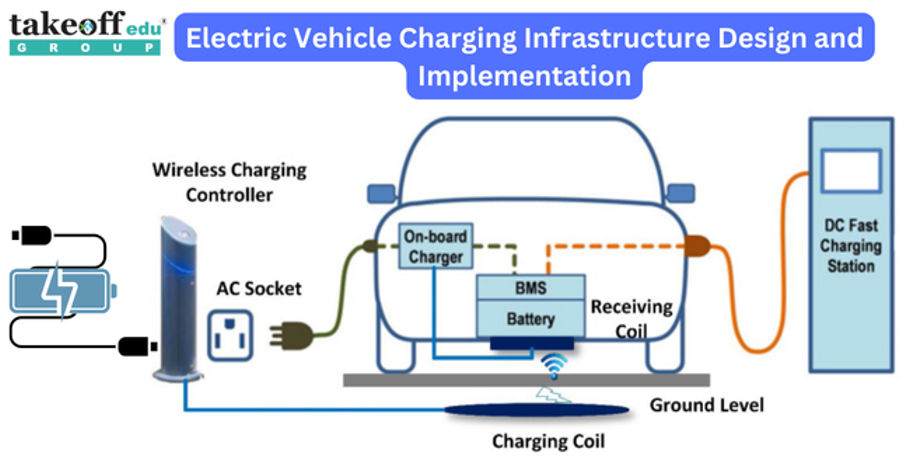
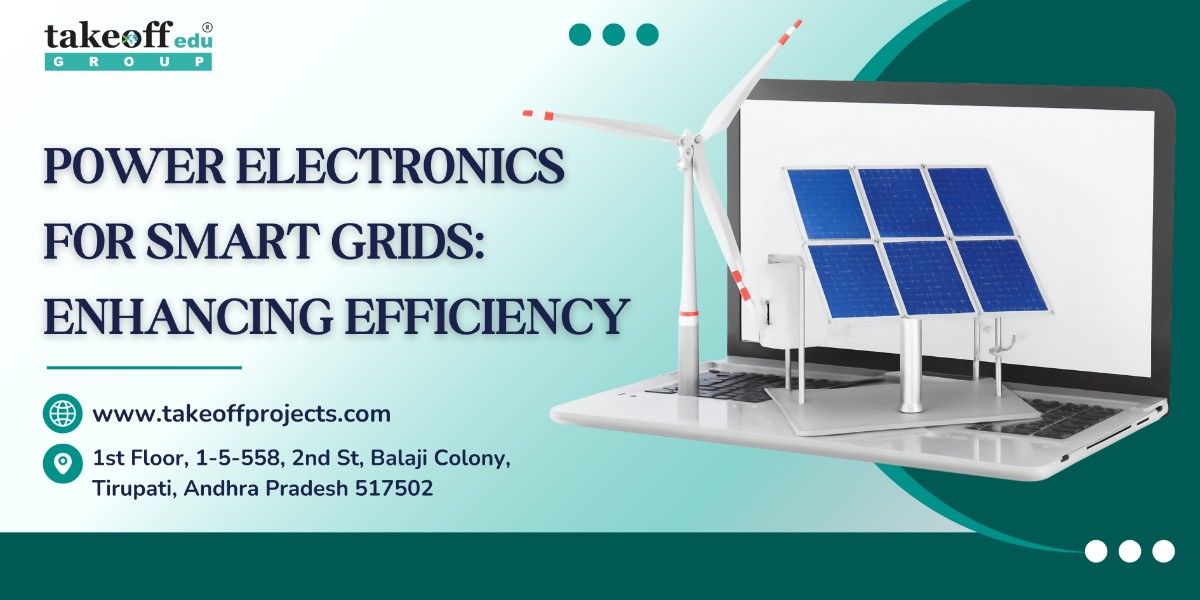 Power Electronics for Smart Grids: Enhancing Efficiency
Power Electronics for Smart Grids: Enhancing Efficiency  Introduction to Control Systems: Principles and Applications
Introduction to Control Systems: Principles and Applications 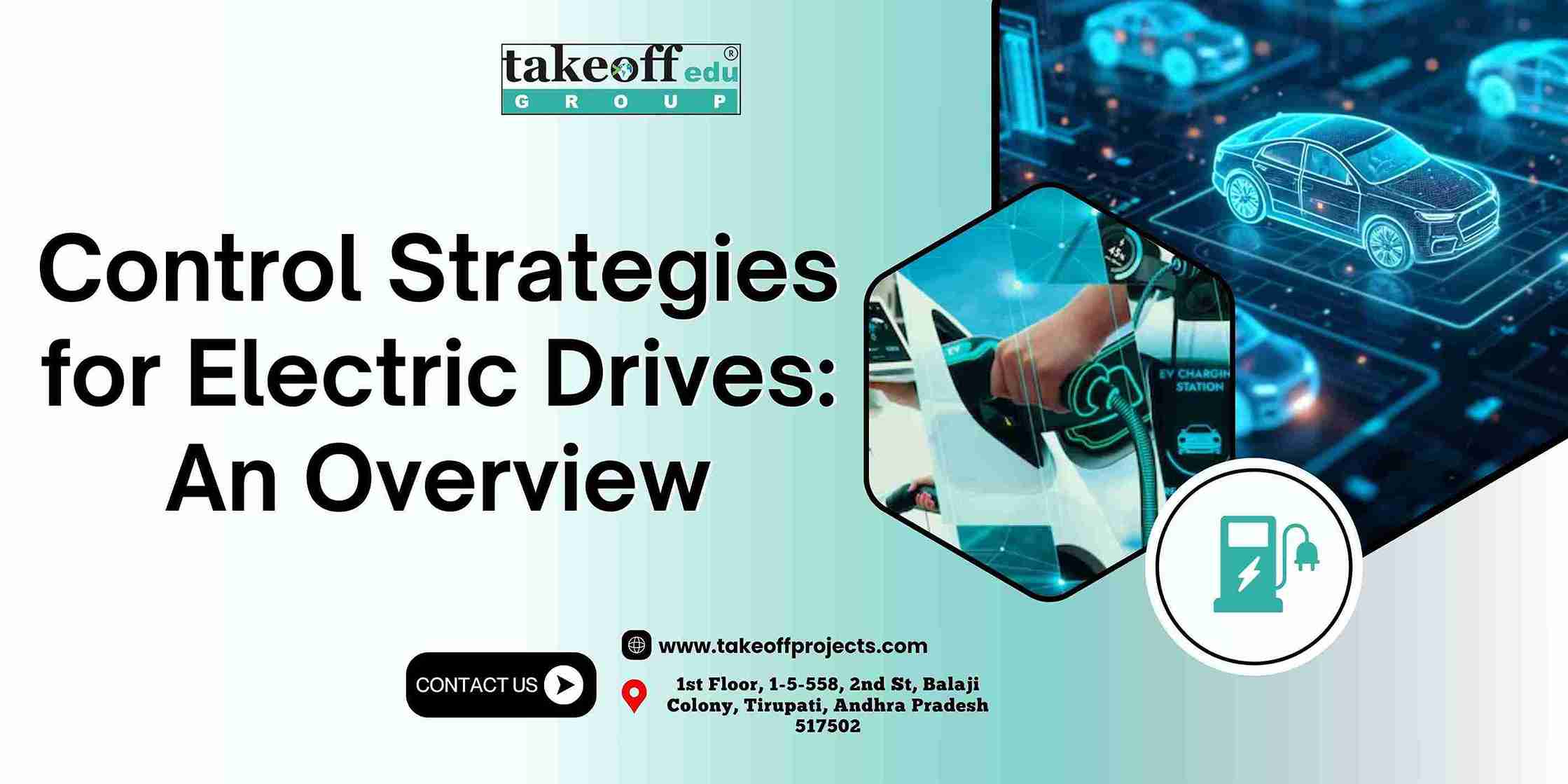 Control Strategies for Electric Drives: An Overview
Control Strategies for Electric Drives: An Overview  Electric Drives: Fundamentals & Key Components
Electric Drives: Fundamentals & Key Components 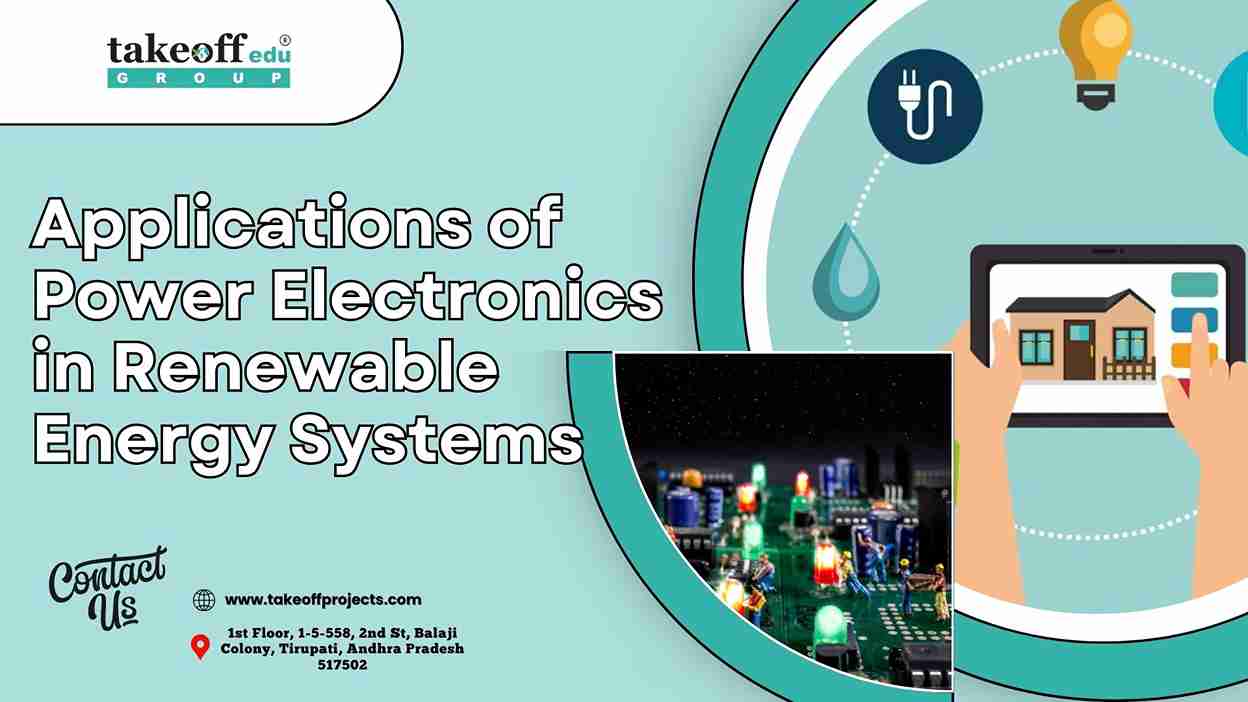 Applications of Power Electronics in Renewable Energy Systems
Applications of Power Electronics in Renewable Energy Systems  Designing Efficient Power Converters: Tips and Techniques
Designing Efficient Power Converters: Tips and Techniques  Advances in Power Semiconductor Devices
Advances in Power Semiconductor Devices  Power Electronics: Key Concepts and Applications
Power Electronics: Key Concepts and Applications  Cybersecurity in Power Systems: Protecting Critical Infrastructure
Cybersecurity in Power Systems: Protecting Critical Infrastructure 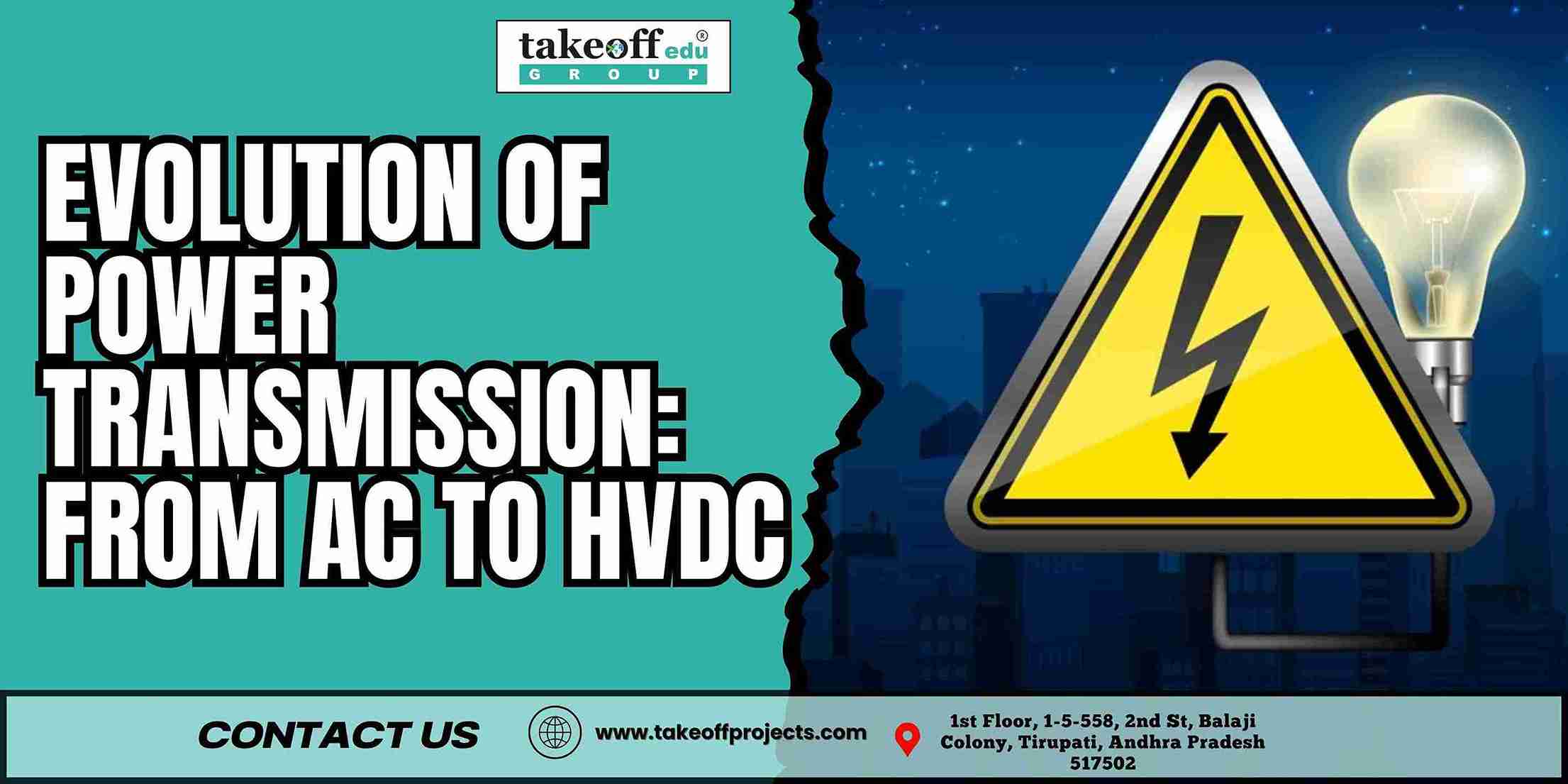 The Evolution of Power Transmission: From AC to HVDC
The Evolution of Power Transmission: From AC to HVDC  Impact of Energy Storage on Power System Management
Impact of Energy Storage on Power System Management  Load Flow Analysis : Techniques and Applications in Power Systems
Load Flow Analysis : Techniques and Applications in Power Systems 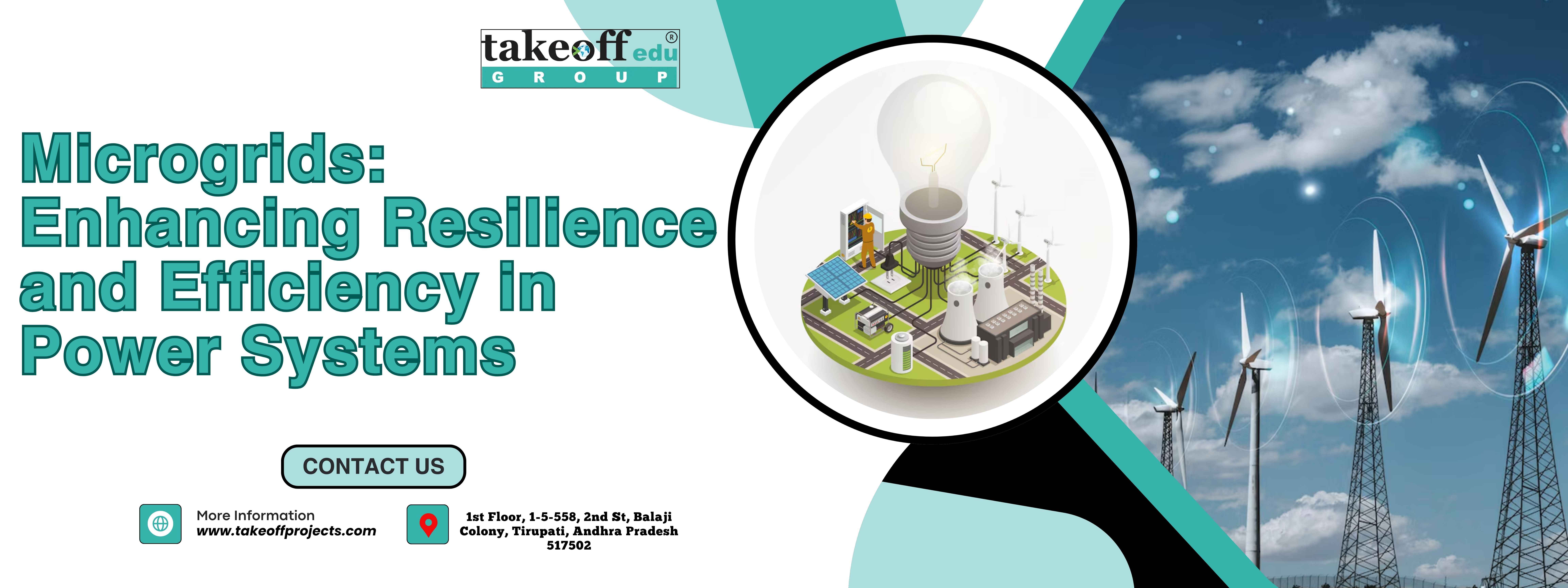 Microgrids: Enhancing Resilience and Efficiency in Power Systems
Microgrids: Enhancing Resilience and Efficiency in Power Systems 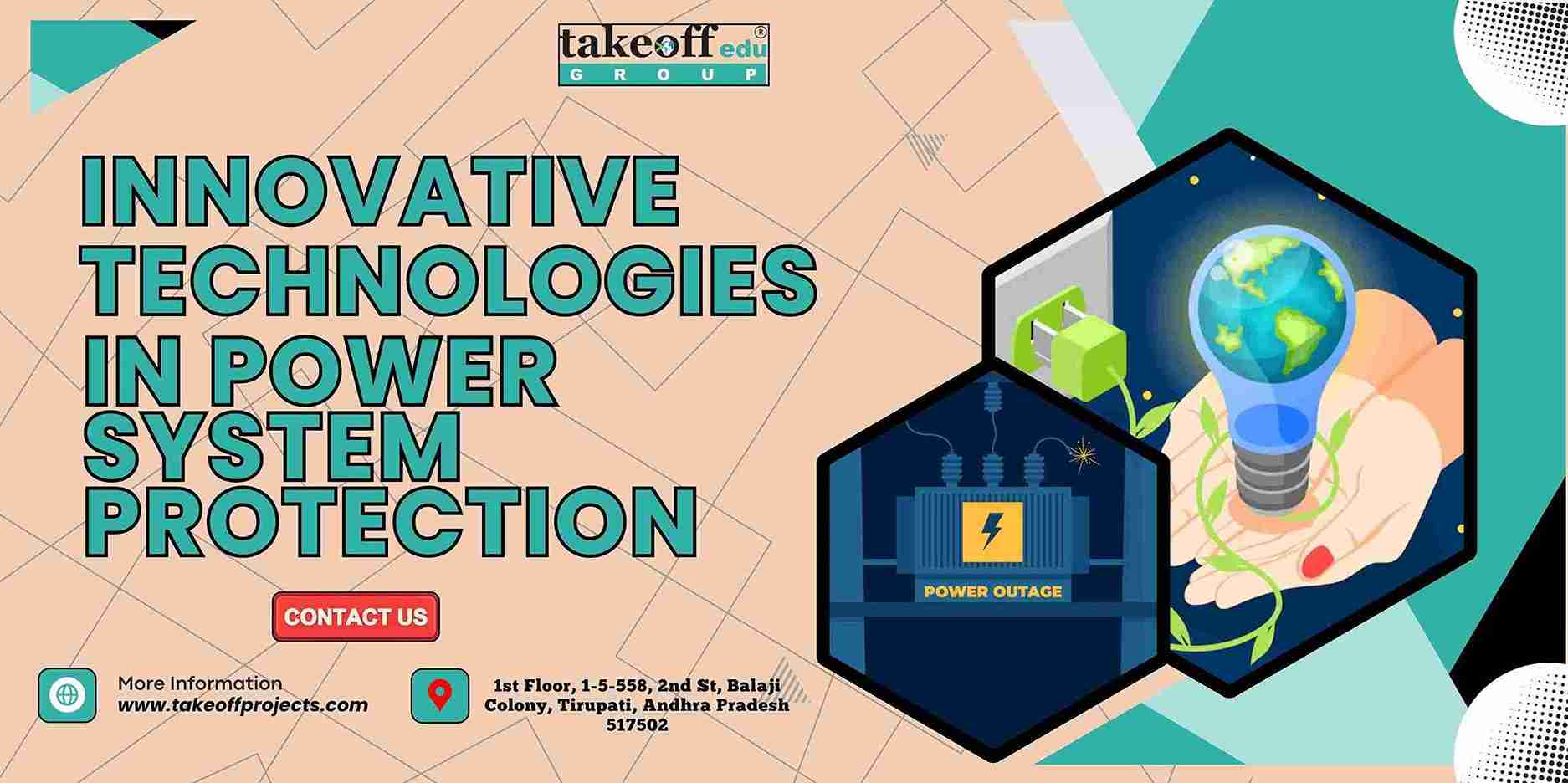 Innovative Technologies in Power System Protection
Innovative Technologies in Power System Protection  Challenges and Solutions in Power System Stability
Challenges and Solutions in Power System Stability 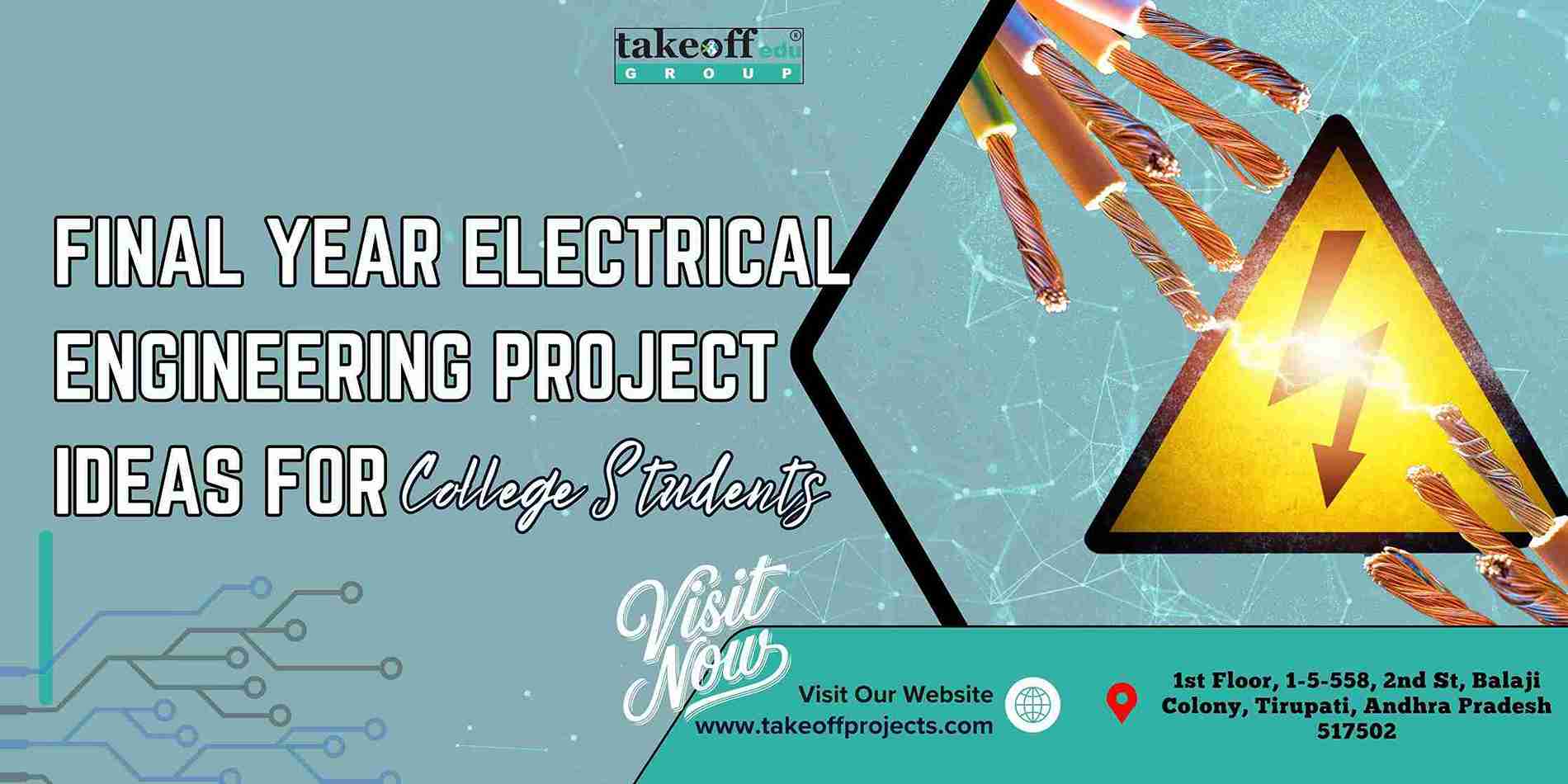 Final Year Electrical Engineering Project Ideas for College Students
Final Year Electrical Engineering Project Ideas for College Students  The Role of Renewable Energy in Modern Power Systems
The Role of Renewable Energy in Modern Power Systems  Smart Grids: Revolutionizing the Future of Power Systems
Smart Grids: Revolutionizing the Future of Power Systems  Automated Power Factor Correction: Improving Energy Efficiency
Automated Power Factor Correction: Improving Energy Efficiency 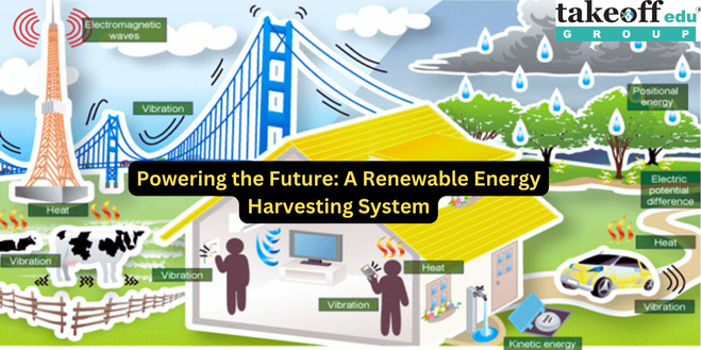 Powering the Future: A Renewable Energy Harvesting System
Powering the Future: A Renewable Energy Harvesting System 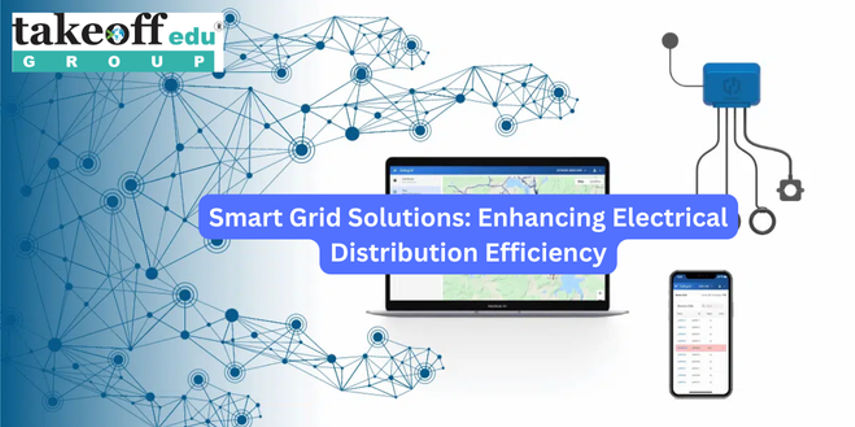 Smart Grid Solutions: Enhancing Electrical Distribution Efficiency
Smart Grid Solutions: Enhancing Electrical Distribution Efficiency 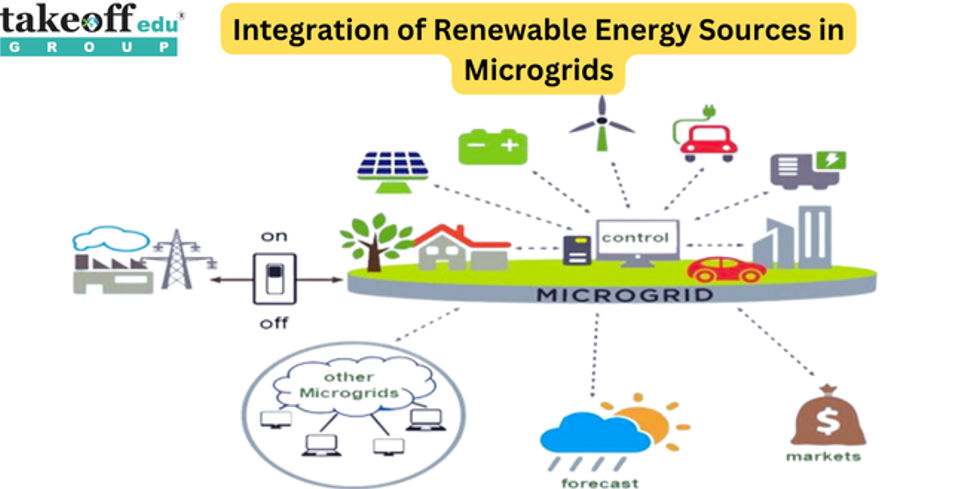 Integration of Renewable Energy Sources in Microgrids
Integration of Renewable Energy Sources in Microgrids  Electrical Projects Engineering Students
Electrical Projects Engineering Students  M.Tech Thermal Engineering Projects
M.Tech Thermal Engineering Projects  IEEE Projects for Electrical Engineering
IEEE Projects for Electrical Engineering  Mini Projects for EEE
Mini Projects for EEE  Mini Projects for Electrical Students
Mini Projects for Electrical Students  Top Electrical Projects for Final Year Students
Top Electrical Projects for Final Year Students  10 Interesting Projects for Electrical Engineering Students 2022
10 Interesting Projects for Electrical Engineering Students 2022  7 Trending Power Systems Based Projects for EEE
7 Trending Power Systems Based Projects for EEE  Top 10 Power Electronics Projects for EEE
Top 10 Power Electronics Projects for EEE  Top 16 Electrical Engineering Projects
Top 16 Electrical Engineering Projects 
 Paper Publishing
Paper Publishing


